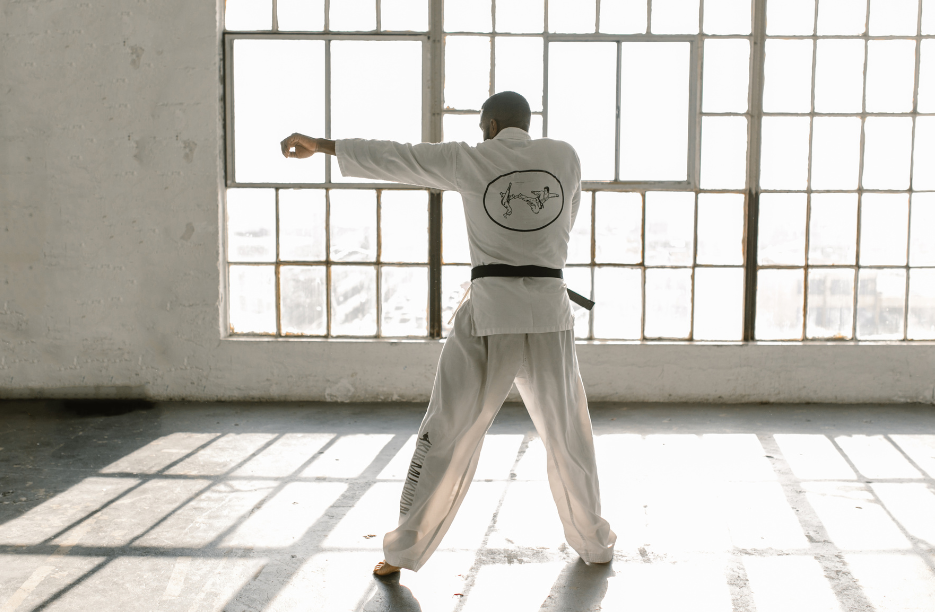Self-Defense and Personal Safety: Options and Restrictions
"Know the laws about which self-defense weapons are allowed where you live and travel."
The latest national crime statistics report around 31 million crimes committed annually in the U.S. alone. That’s a staggering number, and it's only natural for people—whether average citizens or business professionals traveling with valuable assets—to be concerned about their personal safety. In today’s world, having self-defense tools is not just a smart precaution; it’s essential.

Thankfully, there’s a wide range of self-defense tools available, from pepper spray and mace to stun guns, giving you the freedom to choose what works best for your situation. But before you make a decision, it’s crucial to understand the local laws around these tools. Different areas may have specific regulations on what’s allowed, so knowing the rules where you live, work, or travel is key to staying both safe and compliant.
By being informed and prepared, you can empower yourself to protect what matters most.
Here’s a list of the most common self-defense tools available today, along with their pros and cons. Whether you’re at home or traveling, it's important to stay informed about legal restrictions in different locations. Countries, states, cities, and even some counties have their own rules, so you’ll want to do a little research to ensure you’re compliant, especially when crossing borders or using public transportation.
Mace and Pepper Spray
Mace and pepper spray are self-defense devices that can briefly incapacitate your attacker. The active ingredient, capsaicin, which is what gives peppers their spiciness, causes swelling, pain, and irritation when sprayed on the face of an attacker. This self-defense weapon is easily carried inside of a purse or bag, or even attached to a keychain, making it easy to transport.
Pros
- Relatively inexpensive
- Low risk to bystanders
Cons
- Only moderately effective self-defense weapon
- Can affect user if downwind
Tasers
Tasers, which are also called electroshock or conducted electrical weapons, work by stimulating the motor and sensory nerves of a body, causing the body to contract. A taser puts the body into a stunned state of temporary paralysis but causes no pain. A taser is a larger device that may be slightly more difficult to stow in a handbag, but is still relatively easy to carry on your person.
Pros
- Allowed in some areas where guns are banned
- Poses little to no risk to bystanders
Cons
- Limited capacity for continued self-defense
- May have difficulty penetrating through thick clothing
- May not hold an attacker down for long
- Good aim is required
Stun Guns
A stun gun functions by sending an electric shock, via direct contact with the skin, into the muscles. This then causes nervous restriction, making the person being stunned become tense, lose balance, and fall to the ground in temporary paralysis due to a loss of muscular control. The shock is also painful. A stun gun generally resembles a standard gun, making it a little more conspicuous to passerby.
Pros
- A more powerful self-defensive option
- It’s shock causes pain which may be more disabling
Cons
- Direct contact is required
- Has more restrictions
Blunt or Edged Weapons
A blunt or edged weapon could refer to a knife, a baton, or even a non-weapon that can be used defensively. In order to use one of these objects, you would have to be in close proximity to the attacker and be able to exert force to defend yourself against them. Depending on the type of blunt or edged weapon you carry, this may be easy to conceal, but wielding a real weapon that can do real damage is a much greater responsibility and potential liability for the user.
Pros
- Affordable
- Easy to acquire
Cons
- Least effective in self-defense
- Most effort required to incapacitate an attacker
Minimal Restrictions
Know the Law
If you are in the market for a self-defense weapon, whether for professional or personal use, knowing the law regarding restrictions of weapons in your area is important. If you are arming your employees or transporters of valuable business assets, yourself, or a family member, you will need to make sure that it will be legal for them to go wherever they need to go with their self-defense tool.
Questions about self-defense, available products, legal restrictions, etc? BrickHouse Security is your partner in all things security, and we are here to answer your questions and get you set up with the best tools for your needs.
Posted by Todd Morris on Dec 4th 2024

